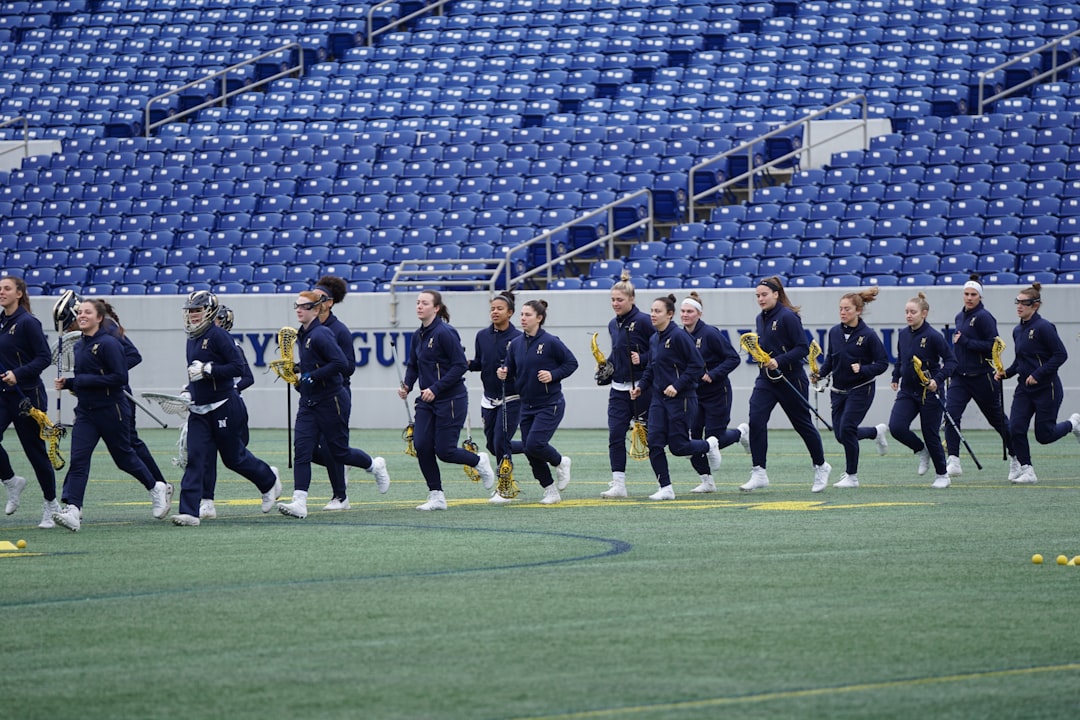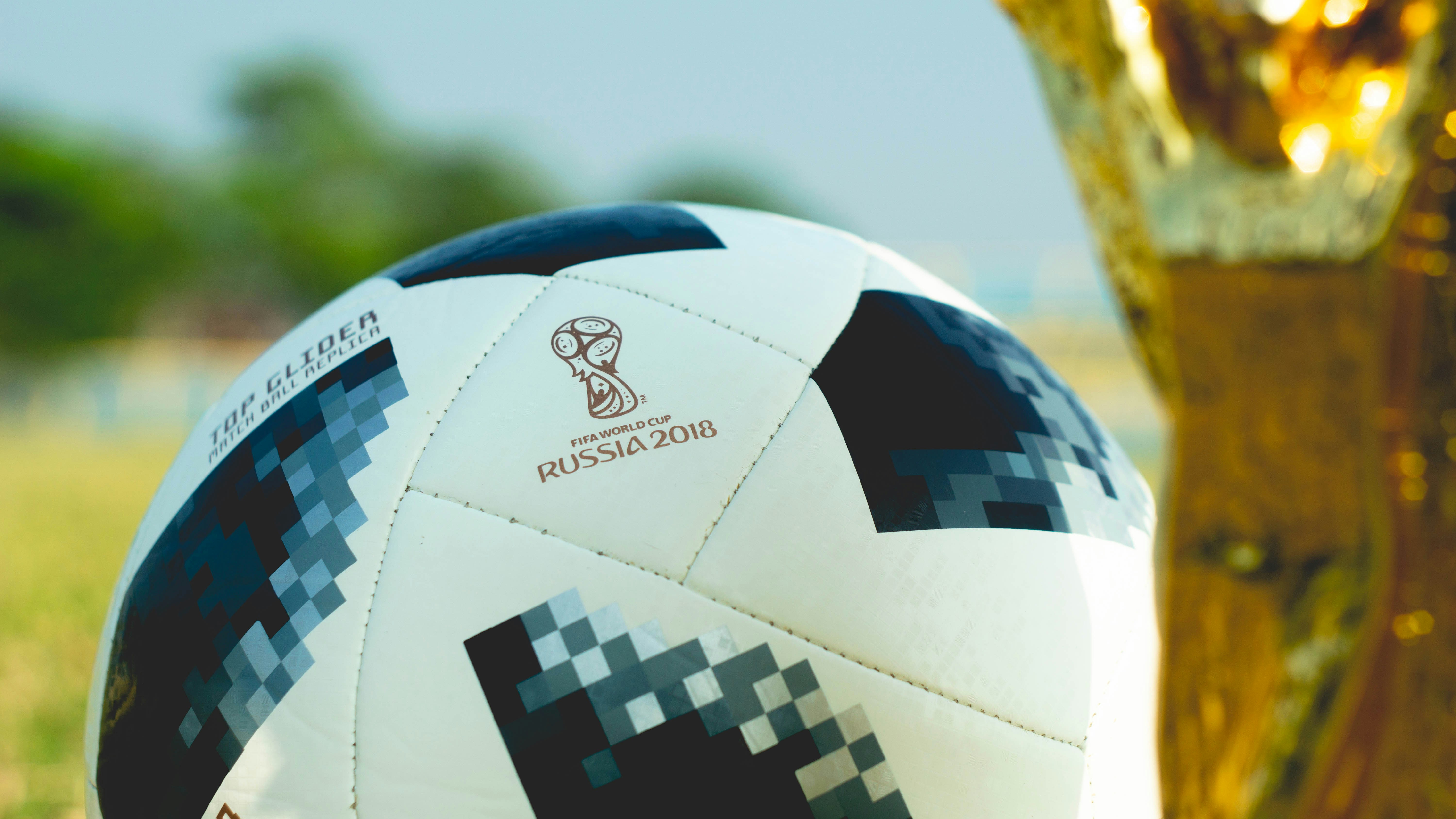
As we gear up for the highly anticipated World Cup 2026, taking place across North America, one of the most exciting elements isn’t just the new host venues or the expanded 48-team format. It’s the technological advancement known as Video Assistant Referee, or VAR, which is set to make an even greater impact on the global stage. Whether you love it or hate it, VAR is here to stay, and it’s going to play a pivotal role in this tournament.
The Evolution of VAR
Since its debut in the 2018 World Cup in Russia, VAR has been a hot topic among football fans. Originally implemented to assist referees in questionable situations, such as goals, penalties, and offside decisions, VAR has become integral to fair play. Over the years, its technology has advanced, reducing human error and enhancing decision-making accuracy. By 2026, we can expect the system to be more refined and faster, minimizing controversial calls.
Impact on Match Outcomes
For those who remember the drama of VAR decisions altering match outcomes, its presence in World Cup 2026 might bring both relief and anxiety. Nothing is quite like the tension when waiting for a review’s outcome. The technology has saved some teams from unjust defeats while leaving football fans debating at pubs worldwide.
This cutting-edge technology could be a game-changer for teams like the USA. With the pressure of hosting part of the tournament, ensuring fair play through VAR could bolster the team’s performance and boost their chances on home turf.
What Football Fans Should Expect
Football fans around the globe should anticipate a smoother VAR experience in 2026. Here’s what we can look forward to:
- Quicker Decisions: New algorithms and better camera placements aim to reduce the waiting time, maintaining the flow of the game.
- Increased Transparency: FIFA aims to offer clearer communication to fans in the stadium and those watching at home about what decisions are under review.
- Maximum Coverage: With more cameras covering all angles, there’s little room for error, ensuring every crucial decision is backed by solid evidence.
Challenges Ahead
Despite its advantages, VAR is not without challenges. The constant evolution of rules and the subjectivity involved in decision-making mean there are bound to be moments of contention. The key will be how efficiently referees and the VAR team can collaborate to resolve disputes swiftly and fairly.
Moreover, there’s the question of whether technology can fully capture the human element of football. As much as VAR is designed to lull unjust outcomes, it must avoid interfering too much with the game’s spontaneous nature.
Reflections and the Future
The World Cup is more than just a tournament; it’s a celebration of global unity and passion for the beautiful game. While technology like VAR enhances the fairness of matches, it’s crucial it doesn’t overshadow the human spirit of competition. Will VAR’s refinement make World Cup 2026 the fairest ever? Only time will tell, but one thing is clear: technology is deeply entwined with the future of football.
As we countdown to this grand event, what are your thoughts on VAR shaping the game? Will it be an improvement or further controversy? Share your thoughts with us, and for all the latest World Cup updates, stay tuned to CupVibes.com.


